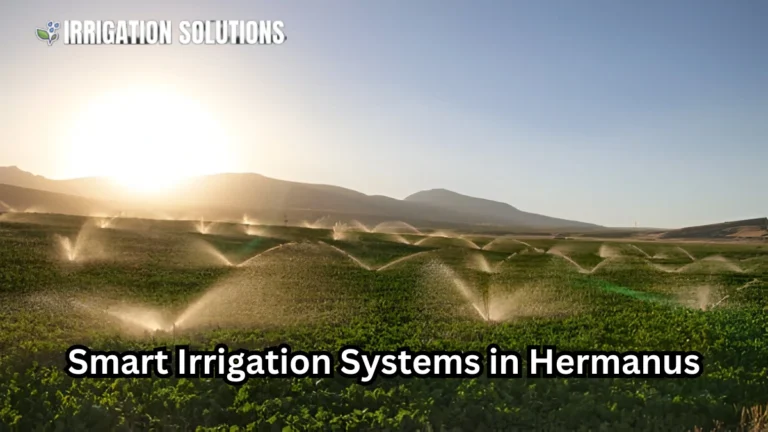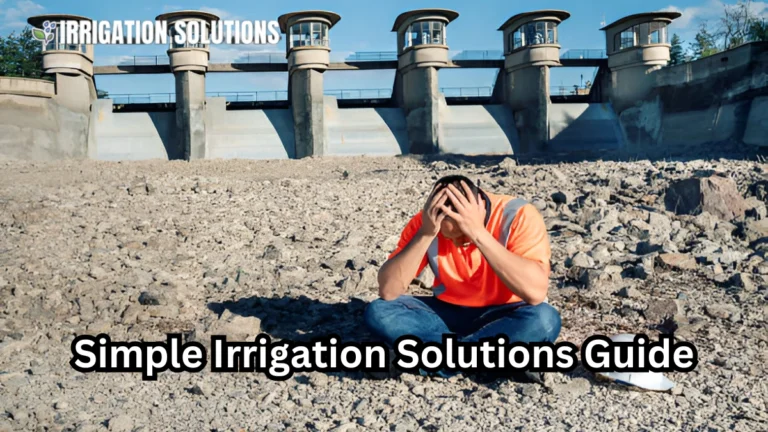Best sprinkler solutions of florida

sprinkler solutions of florida are crucial in maintaining the lush, green landscapes Florida is known for. Whether you’re looking to install a new system or replace an old one, understanding your sprinkler options and their installation is vital. This guide delves into the best sprinkler solutions for Florida, the benefits of a well-designed irrigation system, and key factors to consider when choosing the right one for your property.
Why sprinkler solutions of florida
Florida’s warm, sunny climate creates a perfect environment for lush lawns and gardens. However, the state’s unpredictable rainfall and occasional dry spells make proper irrigation essential. Sprinklers ensure your plants, lawn, and garden get the right amount of water at the right time. Without a proper system, you risk wasting water, over-watering, or having dry patches that damage your landscape.
The Importance of sprinkler solutions of florida
In Florida, where water conservation is crucial, efficient sprinkler systems can help reduce water waste. A well-installed sprinkler system ensures that water is directed precisely where it’s needed. Drip irrigation, rain sensors, and smart controllers can also help optimize water use, reducing both your environmental footprint and your water bill.
Types of sprinkler solutions of florida
Florida’s landscape can vary from coastal areas to dry, inland regions, and the type of sprinkler system you choose should match your specific needs. Let’s explore the most common types of sprinklers used in Florida homes and businesses.
1. Pop up Sprinklers
Pop-up sprinklers are the most common type for residential lawns. These sprinklers remain hidden underground until activated, then pop up to spray water across your lawn. After they finish their cycle, they retract back underground, leaving the lawn clear.
Benefits:
- Ideal for lawns and flower beds.
- Can cover a large area with a single unit.
- Less visible, offering a cleaner look.
2. Rotary Sprinklers
Rotary sprinklers have rotating heads that spray water over a larger area. They’re perfect for medium to large yards because they can cover more ground without requiring multiple units.
Benefits:
- Even water distribution.
- Great for larger, open areas.
- Adjustable spray radius and arc.
3. Drip Irrigation Systems
Drip irrigation delivers water directly to the roots of plants, making it highly efficient. This system is best for flower beds, vegetable gardens, and other landscaping features requiring precise watering.
Benefits:
- Minimizes evaporation and runoff.
- Great for garden beds, trees, and shrubs.
- Helps conserve water.
4. Bubblers
Bubblers are small, adjustable sprinklers that distribute water in a concentrated, bubbled form. These are often used for specific spots like trees, shrubs, or garden areas.
Benefits:
- Ideal for targeted watering.
- Perfect for trees or plants that require deep watering.
- Water is delivered slowly to prevent runoff.
Choosing the Right Sprinkler System for Your Property
When choosing a sprinkler system, it’s essential to consider the size and layout of your property, as well as your specific landscaping needs. Here are some key factors to keep in mind:
1. Size of Your Lawn
For large lawns, rotary sprinklers or pop up systems might be more effective, as they can cover wider areas. Smaller lawns may benefit from a drip irrigation system or a combination of sprinklers and drip lines for optimal efficiency.
2. Water Pressure and Flow
Not all sprinklers are suitable for all water pressure conditions. If your water pressure is low, drip irrigation systems are a great option. If you have high pressure, rotary or pop up sprinklers can provide efficient coverage. Understanding your water system is key to choosing the right sprinkler.
3. Soil Type and Plant Needs
Florida’s soil varies significantly, from sandy soils along the coast to clay soils inland. Sandy soils may require more frequent watering, while clay soils hold moisture better. Additionally, certain plants, like palms or citrus trees, may need a different watering approach than ornamental plants or grass.
4. Automatic Timers and Smart Controllers
A smart controller is an investment that can save both time and money. These devices adjust watering schedules based on weather conditions, preventing over-watering during rainy spells. Many modern systems are now compatible with smartphone apps, allowing you to monitor and adjust watering schedules remotely.
Benefits of Smart Controllers:
- Saves water and reduces waste.
- Adjusts based on weather forecasts.
- Can be controlled remotely, offering convenience.
Common Sprinkler Problems and How to Avoid Them
Even the best sprinkler systems can experience issues. Here are some common problems and tips for avoiding them:
1. Clogged Sprinkler Heads
Over time, dirt, debris, and mineral buildup can clog sprinkler heads, leading to uneven watering or system failure. To avoid this, make sure to clean your sprinkler heads regularly and replace any damaged or worn parts.
2. Water Pressure Issues
Low or high water pressure can cause sprinklers to function improperly. To fix this, you may need to adjust your system or consult a professional to check your water pressure and ensure it’s within the appropriate range.
3. Over Watering or Under Watering
Inconsistent watering can damage plants and lawns. Over watering wastes water and encourages weed growth, while under-watering can cause plants to wither. A reliable timer or smart controller helps maintain the right balance and reduces these issues.
4. Sprinkler Head Misalignment
Sometimes, sprinklers become misaligned, resulting in water being directed in the wrong areas. Regularly check the alignment of your sprinkler heads to ensure water is reaching where it’s needed.
Best Practices for Sprinkler System Maintenance
Maintaining your sprinkler system ensures it continues to perform at its best and helps prolong its lifespan. Here are some essential maintenance tips:
- Seasonal Inspections: Check your system before each season to ensure it’s working properly. In Florida, you should inspect your system at least twice a year once in spring before summer heat sets in, and once in fall after the growing season.
- Clean Filters and Nozzles: Regularly clean filters and nozzles to prevent clogs. Dirty or clogged filters can significantly affect the performance of your sprinkler system.
- Check for Leaks: Look for signs of leaks around sprinkler heads or in underground pipes. Leaks can waste water and cause uneven coverage.
- Adjust for Seasonal Changes: As the weather changes, adjust the watering schedule based on the amount of rain Florida is getting. Use rain sensors to help automate this process.
Cost of Installing a Sprinkler System in Florida
The cost of installing a sprinkler system in Florida depends on various factors, including the size of your property, the type of sprinkler system, and whether you hire a professional or do it yourself. On average, homeowners can expect to pay between $2,000 and $4,000 for a professionally installed system on a standard-sized lawn.
| Sprinkler System Type | Estimated Cost (Per Zone) |
|---|---|
| Pop-up Sprinklers | $100 – $300 |
| Rotary Sprinklers | $150 – $350 |
| Drip Irrigation | $500 – $1,000 (for gardens) |
| Smart Controllers | $150 – $300 |
If you opt for a professional installation, be prepared to pay for both materials and labor, which can vary depending on your location in Florida. Keep in mind that more complex systems with smart controllers or larger properties may increase the overall price.
DIY vs. Professional Installation
While installing a sprinkler system yourself can save money, it requires careful planning, knowledge of irrigation, and some time commitment. If you decide to go the DIY route, make sure to:
- Map Out Your Property: Measure the area to be irrigated and plan sprinkler placement carefully to avoid overlap and wasted water.
- Ensure Proper Sizing: Select sprinklers that match your property’s size and layout to ensure coverage and efficiency.
- Check Local Codes: Some areas in Florida require permits for sprinkler installations, so be sure to check local regulations before starting.
Professional installation can ensure that your system is designed and installed correctly, saving you time and avoiding potential mistakes. Professionals also have the expertise to handle difficult terrain, poor water pressure, or challenging layouts.
Conclusion
Choosing the right sprinkler solution for your Florida property is crucial to maintaining a healthy, green landscape. By understanding your watering needs, the different types of sprinklers, and the importance of proper maintenance, you can ensure your lawn and garden stay lush year round. Whether you’re looking for efficiency, coverage, or ease of use, there’s a sprinkler system to meet your needs.
Investing in a smart, water-efficient irrigation system not only conserves water but also saves you money in the long run. With careful planning and the right equipment, your Florida landscape can thrive, no matter the weather.






